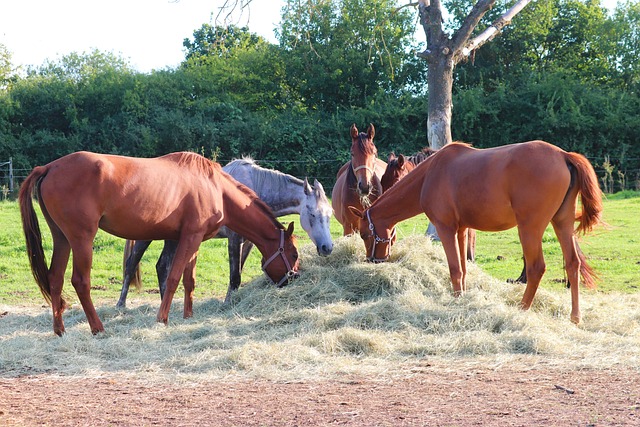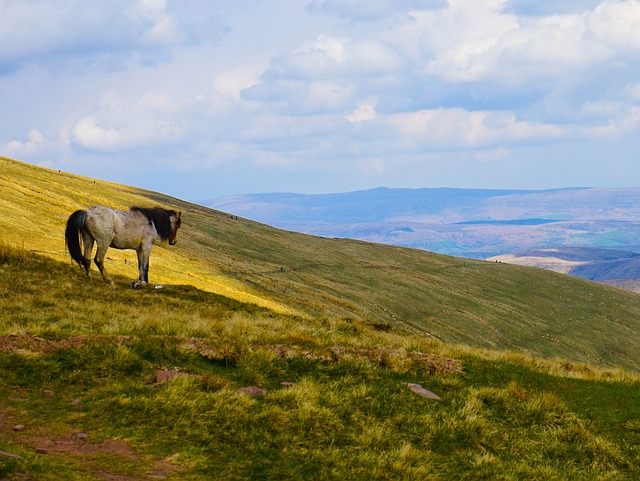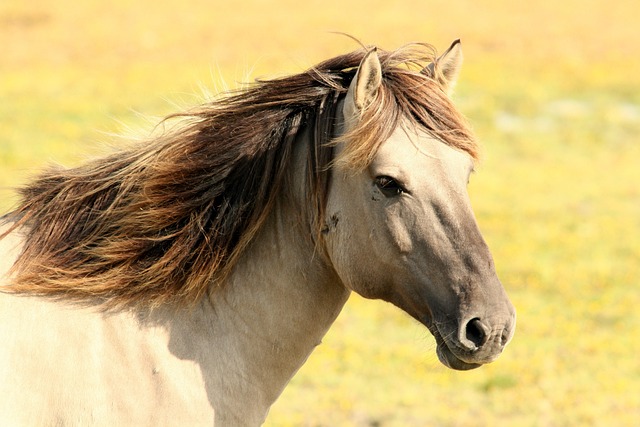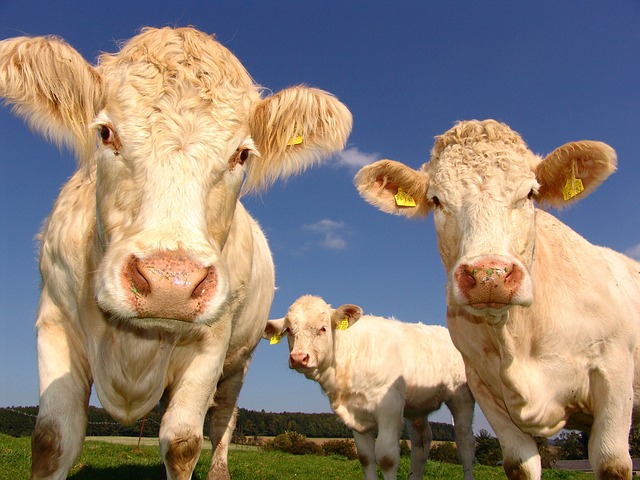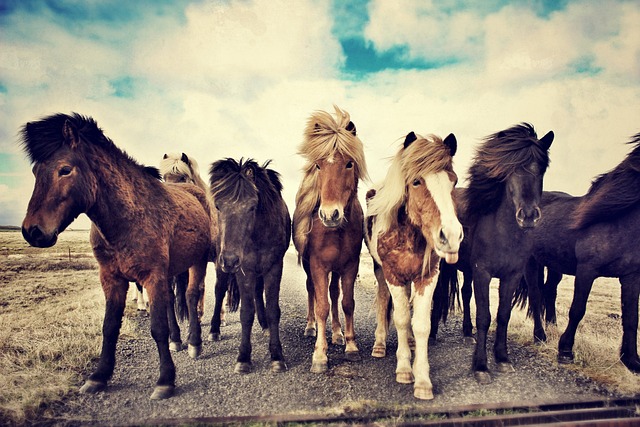
The Best Horse Breeds for Beginners
April 17, 2023
Horseback riding is a practice that has been around for thousands of years.
April 17, 2023Horses are athletes, and just like human athletes, they require a balanced and varied diet to stay healthy and perform at their best. In this blog post, we will provide an overview of the essential nutrients that horses need and offer advice on how to create a nutrition plan for a horse.
Essential Nutrients for Horses
- Protein Protein is essential for building and repairing muscles, as well as supporting the immune system. Horses require a minimum of 8-10% crude protein in their diet, with performance horses requiring up to 16% depending on their level of activity. Good sources of protein include alfalfa, soybean meal, and pea protein.
- Carbohydrates Carbohydrates provide energy for horses, and are especially important for performance horses. Horses need a minimum of 1.5% of their body weight in carbohydrates each day. Good sources of carbohydrates include oats, barley, and corn.
- Fats Fats provide a concentrated source of energy and are especially important for endurance horses. Horses can safely consume up to 20% of their daily calories from fat. Good sources of fat include vegetable oil, flaxseed, and rice bran.
- Vitamins Vitamins are essential for many bodily functions, including immune function, bone growth, and blood clotting. Horses require a variety of vitamins, including A, D, E, and K. Good sources of vitamins include fresh pasture, hay, and supplements.
- Minerals Minerals are important for many bodily functions, including bone growth, muscle function, and fluid balance. Horses require a variety of minerals, including calcium, phosphorus, and magnesium. Good sources of minerals include hay, pasture, and supplements.
Creating a Nutrition Plan for Horses
When creating a nutrition plan for a horse, it’s important to consider the horse’s age, weight, activity level, and overall health. Here are some tips for creating a balanced nutrition plan:
- Provide a variety of feeds. Horses need a mix of hay, pasture, and concentrates (grains and supplements) to get all the nutrients they need.
- Feed according to the horse’s weight and activity level. Horses that are overweight or underweight may require different amounts of feed.
- Monitor the horse’s body condition. A horse that is too thin or too fat may need adjustments to their diet.
- Provide access to fresh water at all times. Horses require plenty of water to digest their food and regulate their body temperature.
- Work with a veterinarian or equine nutritionist. These professionals can help you create a customized nutrition plan for your horse based on their individual needs.
Conclusion
Horse nutrition is complex, but by understanding the essential nutrients that horses need and following some basic guidelines, it is possible to create a balanced and healthy nutrition plan for your horse. By providing a variety of feeds, monitoring the horse’s weight and body condition, and working with a professional if necessary, horse owners can help their horses perform at their best and stay healthy for years to come.

